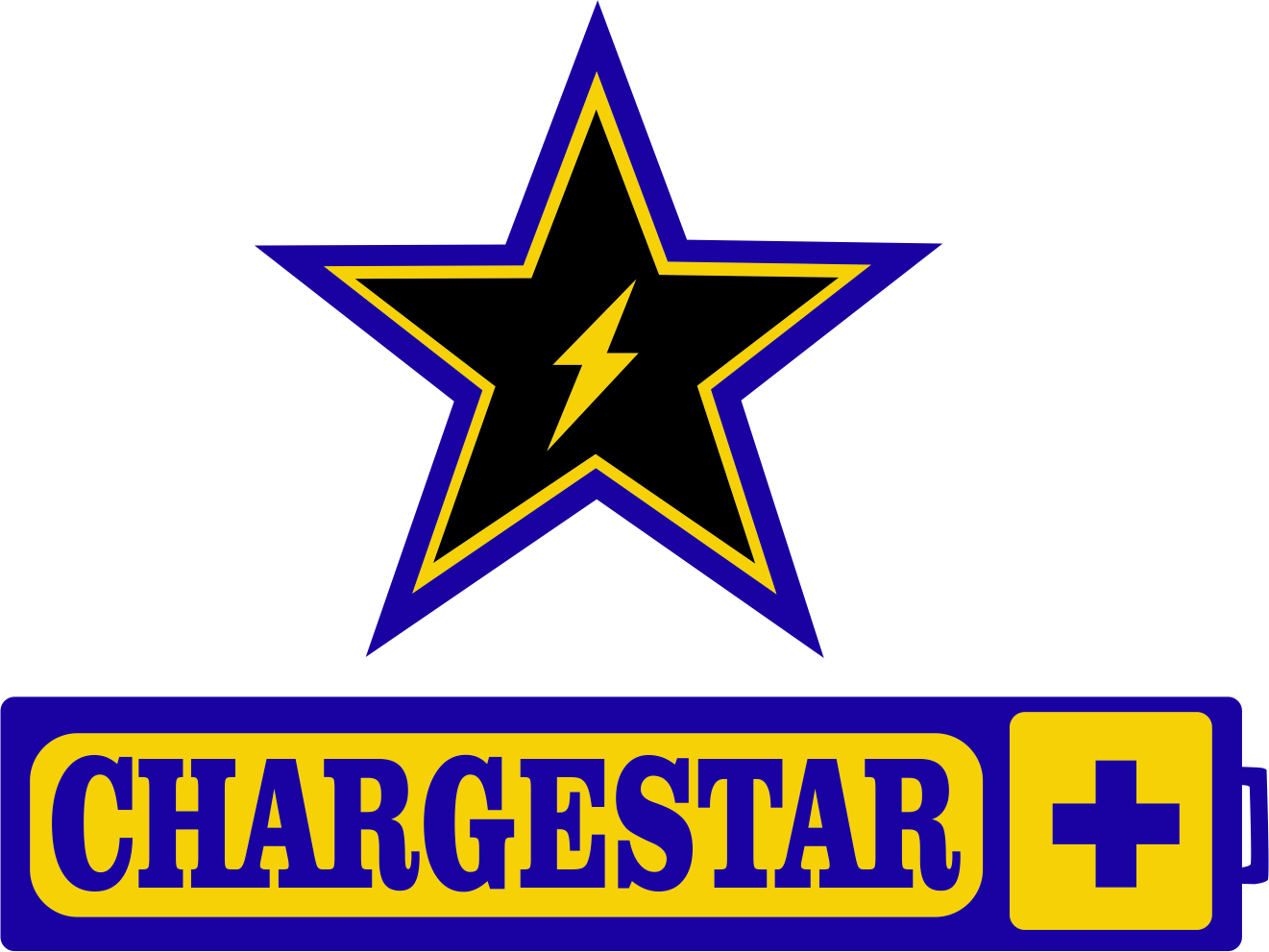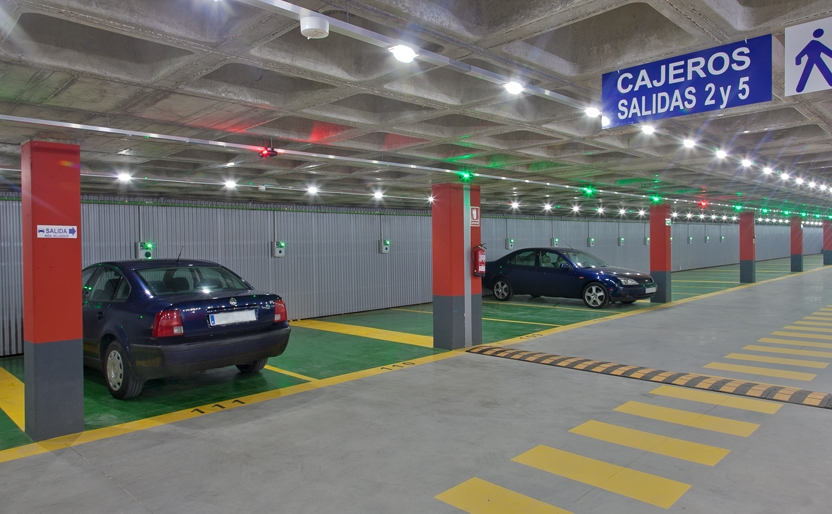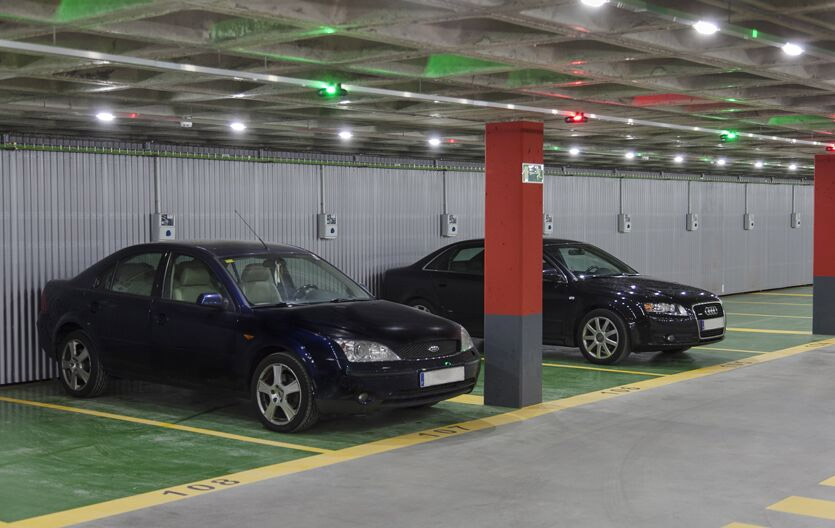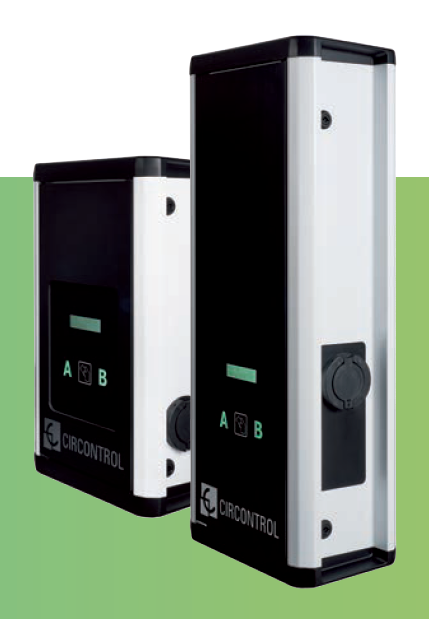Access Control, Load Balancing, Metering and Billing Systems For Apartments And Offices
The battery capacity of electric vehicles has increased markedly in recent years. Most cars now have a range of 300 km or more. A range of 300 km is generally more than adequate for the daily drive. Overnight charging will become dominant because of the convenience and cheaper cost compared to daytime DC charging. Apartments and office blocks will require a dedicated charging station for each electric car. In most cases the charging stations will be single phase and rated to 7 kW. Mass charging in private car parks requires load balancing, metering and billing systems.
Load Balancing.
- Load balancing is either static or dynamic.
- Static Load Balancing.
- A fixed amount of power is allocated to electric vehicle charging and shared among the cars.
- The load balancer dials the charging up and down depending on how many cars are charging.
- E.G. 50 kW shared between 10 cars. Each car gets 5 kW. 50 kW shared between 20 cars. Each car gets 2.5 kW.
- Dynamic Load Balancing.
- The power supply is shared between electric vehicle charging stations and other devices such as lifts and air conditioning systems.
- The power available for electric vehicle charging varies depending on what other devices are in use.
- A current transformer clamp or other device is fitted to the main circuit and connected to a power analyser.
- The CT measures the available power at any given point in time and provides this information to the load balancer.
- The load balancer shares out the available power to the cars.
- E.G. 50 kW available and shared between 10 cars. Each car gets 5 kW. 40 kW available and shared between 10 cars. Each car gets 4 kW. 50 kW available and shared between 20 cars. Each car gets 2.5 kW. 40 kW available and shared between 20 cars. Each car gets 2 kW.
- Static Load Balancing.
- Load balancing is either static or dynamic.
Load balancing is effective until such time as the charge delivered to the car is so low that the cars take an inordinate amount of time to charge and are not fully charged in the morning.
You can find more information about load management here: https://www.chargestar.com.au/dynamic-load-management/
Access Control
Access control is necessary in common area car parks to prevent unauthorised charging. Access control may be implemented via a mechanical lock, RFID card or smart phone app. The charging station access control mechanism is dependent on whether the charging stations are designated for public or private use. Public charging stations are provided for members of the public who may use visitor parking spaces in a private car park. Private charging stations are configured for use by designated drivers who are known to the charging station provider such as office tenants and apartment occupants. Public charging stations are configured for pay as you go charging. Private charging stations can be configured for post paid charging as the drivers are known and can be billed in arrears.
Metering and Billing.
Charging stations located in common area car parks may be connected to a common area power supply. Metering and billing systems are required where the power supplied to the common area car park is paid for by the strata management company or body corporate. Metering and billing can be integrated with an existing or planned embedded metering system used to meter the power used by apartments and offices. Alternatively, a dedicated metering and billing system for the charging stations can be configured using the charging station OCPP management system.
You can find more information about metering and billing here:
E-STATION eVolve – More Information Here
The eVolve is a networkable charging station designed for commercial installations which require metering, access control and driver management services. Access control is via MiFare classic compatible RFID cards and the Next Charge Smart Phone App. The stations are equipped with onboard ethernet ports and 3G modems. The stations can be connected to the customer’s network and managed using the free network and driver management software provided by Circontrol. Alternatively the stations can connected to the Charge Star network and managed by E-Station.
The eVolve is a Type 2 wall mounted station rated up to 7 kW single phase and 22 kW three phase. The eVolve is fully compatible with all pure electric and hybrid cars.
- quality product manufactured by Circontrol in Spain.
- designed for indoor and outdoor use.
- single phase or three phase compatible.
- easy installation by any qualified electrician.
- rated to 7 kW per socket single phase and 22 kW per socket three phase.
- start charging process only after safety verification.
- safety cutoff. Car cannot move while connected to the station.
- auto power shut‐off upon plug‐out detection.
- communicates with car via pilot signal.
- compliant with Australian and international standards.
- robust high-impact ABS and aluminium enclosure.
- can be wall mounted or bollard mounted.
- fully compatible with all electric cars and hybrids.
- comes with onboard TCP/IP networking module and GPRS/3G modem.
- OCPP compliant.




